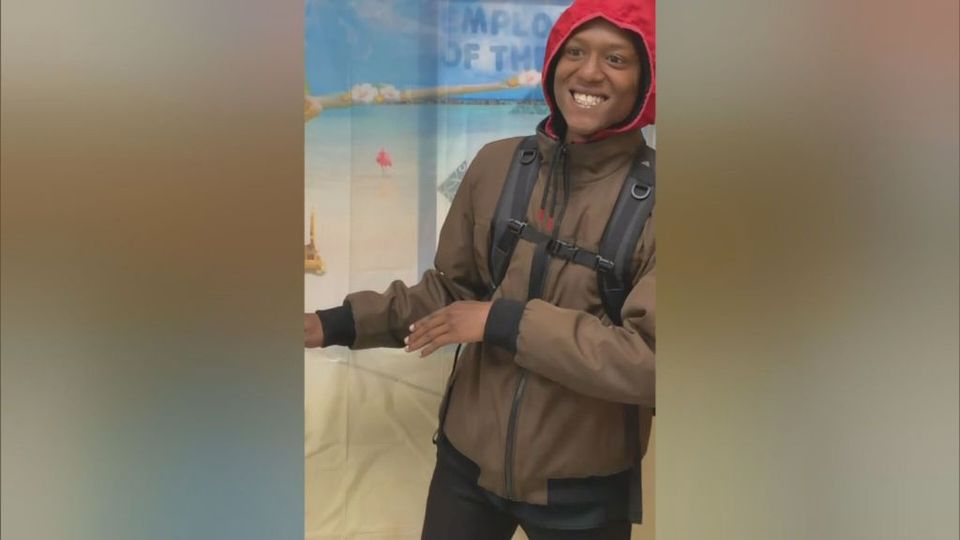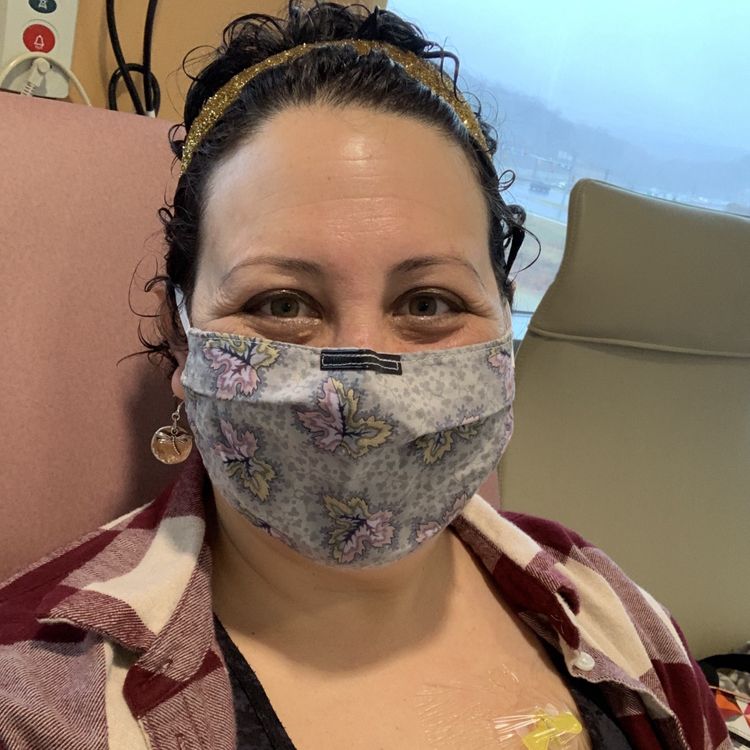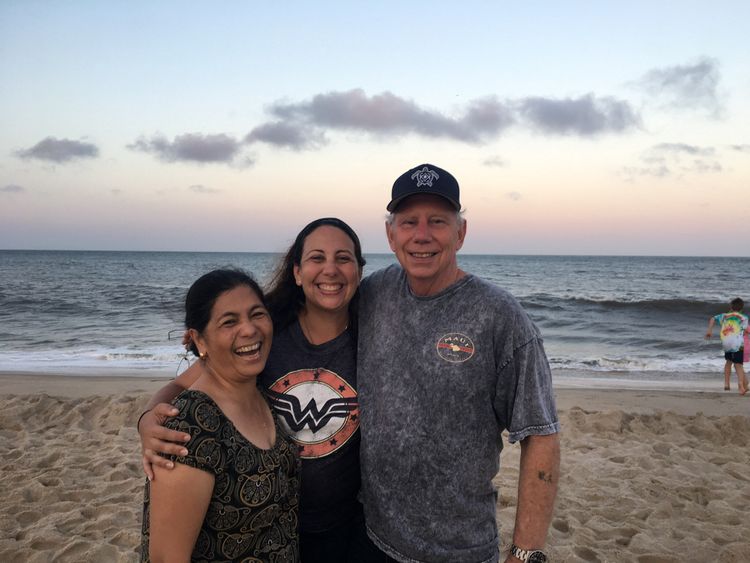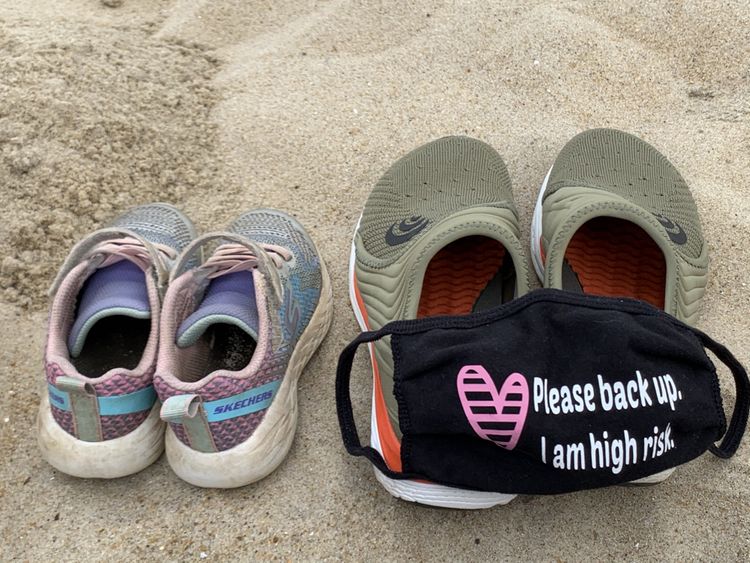Accountability in the Case of Elijah McClain

Why did it take a public outcry 10 months later?

The story of Elijah McClain is gaining traction 10 months after his murder. 10 months. Let’s let that sink in. Why now? Why is it now and not when it happened?
His mother, Sheneen McClain, watched people come out to demand justice for George Floyd. She was hurt to and saddened that it didn’t come for her son 10 months earlier. According to the Denver Post she spoke earlier this month on the Colorado Capitol steps, “I’m appreciative that you guys are out here now, maybe you guys were a little too busy in August last year.” Ouch. She’s right. Why did it take so long for her son’s story to be heard? It shouldn’t have.
I’ve watched the videos and I’ve read story after story about what happened the night Elijah McClain died. I share in my article “Elijah McClain: Say His Name” why his story hits me the hardest. His friends and family called him quirky. He had social anxiety. He even tells the officers, “I am just different.” Yet as he speaks and tries to explain himself he is handcuffed on the ground without being heard. NO one listens to him. Instead they talk about him as he’s throwing up repeatedly. They don’t even lift that 140 lb young man to a sitting position after he said he’s having trouble breathing and continues to vomit. It took no less than 3 officers and a shot of ketamine to “subdue” a young man who was “different.”
After the incident the men were put on leave during an internal investigation, cleared, and then given back their jobs. The coronoer could not determine a cause of death for Elijah. It may have been the carotid hold. It may have been the shot of ketamine. He passed out from the carotid hold and still considered a threat. His death was undetermined. I call bullshit. His mother, Sheneen McClain, calls the officers “bullies with badges.”
When is a carotid hold and a shot of ketamine common practice when the suspect is unarmed and nonviolent?
Was he scared? Yes.
Did he want to be left alone? Yes.
Was there a reason to stop him? Maybe. Dispatch received a phone call about suspicious behavior so it was worth checking things out. But it’s clear that he’s not violent.
Could this have been de-escalated? Probably. According to his friends, he would have followed directions before hurting your feelings and taking up your time.
Elijah’s story hits home for me because I have a quirky and “different” teenage son. I know what it’s like when he feels that he is put on the spot or when his personal space is invaded. I know that tone of voice he uses. All of it is a flight or fight response. My son is neurodivergent and struggles to read social cues. He struggles to be understood. He misses the nuances of tone of voice. And like many teenage boys, a commanding voice puts his back up, especially when he’s done nothing wrong.
Karen Hoyt, tells her broad spectrum high school students to say, “I’m different. Help me understand you. What do you want me to do? I need time to think.” It’s something that I am going to share with my son when he’s confronted or is pushed beyond his comfort zone. I hope that it would give whoever is interacting with him a moment to pause and evaluate the situation.
How does a neurodivergent person become heard when he doesn’t present neurotypically? If our expectation is that everyone acts neurotypically, then the neurodivergent will always be dismissed for acting different, for acting “weird,” or for acting “abnormally” by society’s standards. In Elijah’s case Black and neurodivergent was enough to have someone call dispatch for a “sketchy” character.
When I hear Elijah’s voice on the video I hear my son. I hear the things that he would say. I can envision how he would react in that same situation. My son is white, so he might not have been in the same situation, but I have seen people look at him because they thought he acted differently. And it guts me. If people who interact with my son on a daily basis do not always get his quirkiness, then how am I supposed to feel when strangers who are supposed to protect him, approach him because someone called the police because he was acting “sketchy” otherwise known as neurodivergent.
Elijah McClain says, “Please respect the boundaries I am speaking,” and is subsequently pushed to the ground. There was no pause. There was no reevaluation of the situation. Instead of de-escalation, it was taken to the next level; and the consequences for those actions is murder.
The officers were not charged and subsequently returned to duty. There was a written reprimand. But where was the training and education when working with neurodivergent people? Because if law enforcement does not begin training their officers on now to work with neurodivergent people, then this offense will be repeated again and again and again. When will it stop?
We want the police officers to be held accountable for their actions. Instead, they were allowed to go back to work while a mother grieved her son without answers. Colorado Governor Jared Polis is reopening the case into Elijah’s death. The three police officers have been pulled in a non-enforcement capacity for their safety. Officer Woodyard and Officer Rosenblatt were moved on June 13th and Officer Roedema was moved on June 20th, They were moved in order to protect them because they were receiving death threats.
This seems ironic to me. They were moved for their protection, but they were supposed to protect the vulnerable and they failed. They were complicit in the murder of Elijah McClain. In watching the videos, there was no de-escalation of the situation. It was clear he was unarmed and not a physical threat. Elijah has been described as being on the small side.
I can appreciate approaching a situation with caution because if we’re going to be fair, we don’t know what kind of experiences the officers have faced in their career. We do not know the threats they’ve encountered on the job. I can have compassion for that. They would know how to read a situation. They should know how to read a situation.
I don’t want death threats against the officers. I know that every time they put on their uniforms they put their lives in danger. But by the same token, they are supposed to be the ones who offer protection. They need to be held accountable for their actions. Actions have consequences. Isn’t this what we teach our children?
What we want is high expectations and accountability for our law enforcement. We want education and training on how to de-escalate a situation. It should not take a public outcry and death threats against the officers to have them pulled into non-enforcement duty for their safety. We should not disregard that they should have been accountable for failing to provide safety for Elijah. It should not take 10 months for a grieving mother to begin to see justice for her son’s death and have the case reopened. It should not take 10 months for us to show her Elijah’s life mattered. Say his name: Elijah McClain.



